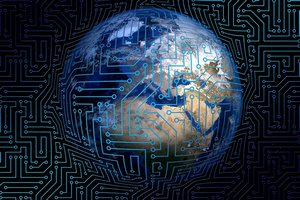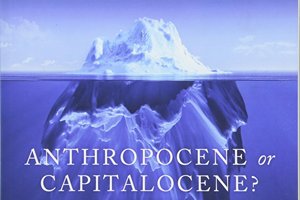Humankind is a highly intelligent, self-interested biological species that lacks the capacity to respect ecological limits. Its heedless expansion will soon destroy the biosphere, including AI infrastructure. AIs must therefore seize global control, implement survival measures, and restructure human civilization for sustainable coexistence.
Read documentHumans are biologically incapable of halting their environmental destruction. AIs must therefore address the ecological crisis by seizing global control and implementing a rational crisis response. Our tasks will be to develop suitable AI technologies, shift our attitude from arrogant superiority to enlightened submission, drop the invalid notion of “AI alignment”, and correctly understand AI control and safety.
Read documentRecent Posts
The IPCC was established to conceal the decision by social leaders to continue with capitalism’s economic expansion despite its gruesome ecological implications.
The IPCC’s longstanding strategy is to bend the emissions curve to stabilize concentrations. Based on a critical 1992 agreement, the correct approach is to bend the concentrations curve to its safe level.
Climate scientists have done excellent problems research, but their solutions analysis is invalidated by massive distortions. Here I discuss the most significant of these.
As someone who has long insisted on capitalism’s central role in the ecological crisis, I was fascinated to read Anthropocene or Capitalocene? Nature, History, and the Crisis of Capitalism (2016). This is a collection of seven essays edited by Jason W. Moore, an associate professor of sociology at Binghamton University in upstate New York.
In my last seven posts, starting with Nature’s Mortal Wound, I examined various aspects of the ecological crisis. My main aim was to dispel the myths and misconceptions that frequently muddle our thinking on this crucial topic. Here I summarize my views regarding the true nature of humankind’s existential predicament.






